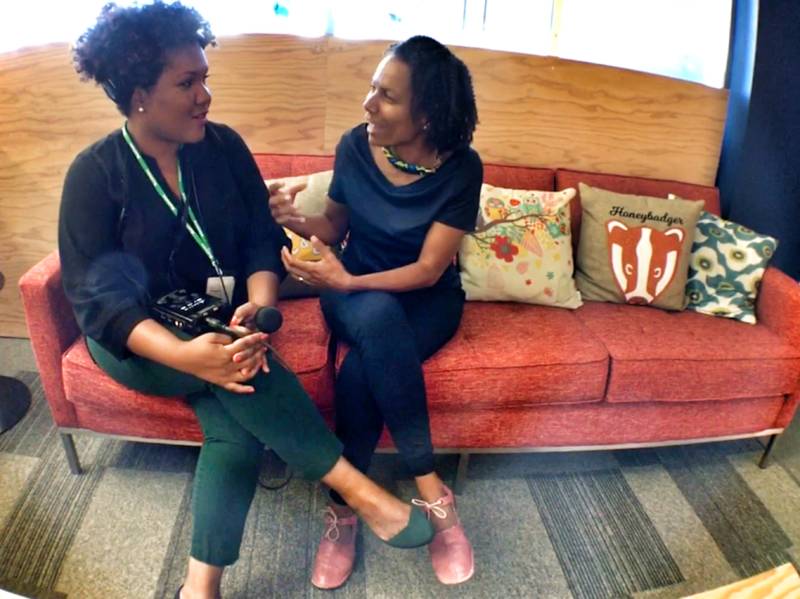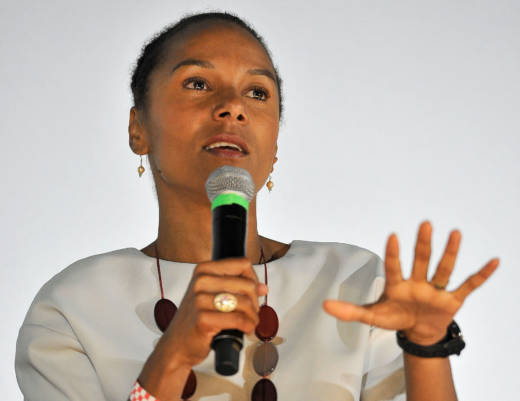“What we look for are people who are very good in two specific subjects: data structures and algorithms,” says Williams. “I’ve been to many schools where they’re graduating 100 percent of people in their STEM subjects or even in computer science, but they they’re not teaching those subjects.”
Williams says Facebook has created several initiatives to combat this problem, including working with computer science professors as well as sending Facebook engineers to teach at historically black schools and historically Hispanic schools.
But critics like civil rights leader Jesse Jackson believe that what companies like Facebook need to do is change its diversity metrics.
“It’s time to take stock of what has been done; what has worked and what hasn’t,” wrote Jackson in a letter obtained by USA Today in April.
“Companies must set specific, quantifiable diversity and inclusion goals, targets and timetables. Without them, the ability to measure and be accountable for progress will be difficult,” Jackson wrote in the letter, which was addressed to Facebook, Amazon, Google and Apple.
Williams says Facebook is trying different ways to bring in and retain minority employees. One approach it’s using is making certain the company interviews candidates from diverse backgrounds for every opening.
“When you do something like that it creates a whole different muscle in your organization, where this becomes embedded as part of what we do.”
Williams says there is no magic number when it comes to determining if Facebook is diverse enough.
“We still have more work to do. We are so far away from the world’s representation — 87 percent or so of the people who use Facebook are not in North America,” Williams says. “Think about what the world looks like. It is such an incredibly diverse space. But what we have a responsibility to be is more diverse, more perspectives, more people who can reflect that diversity in the world.”
Click here for a full look at Facebook’s 2018 Diversity Report.

